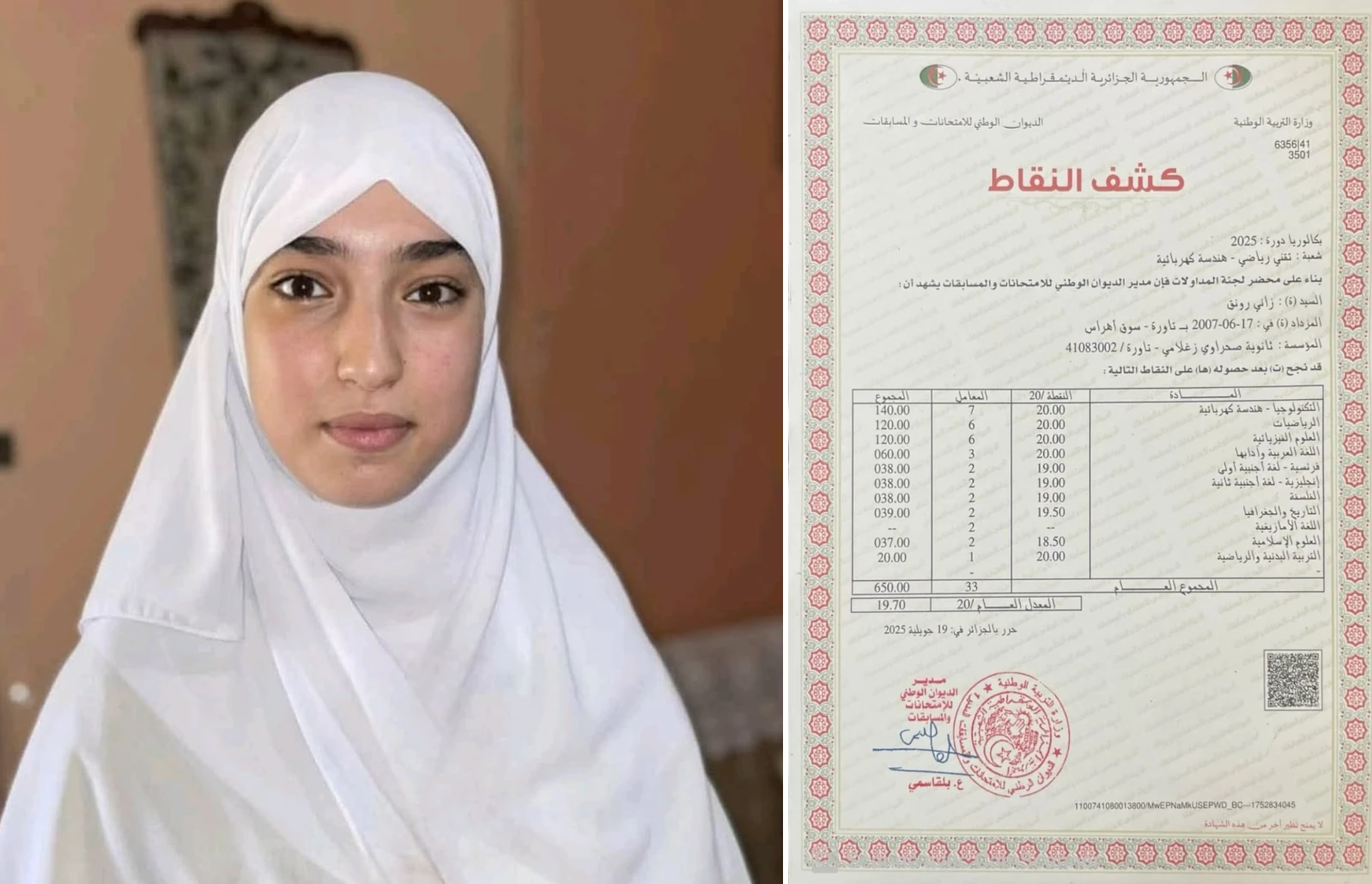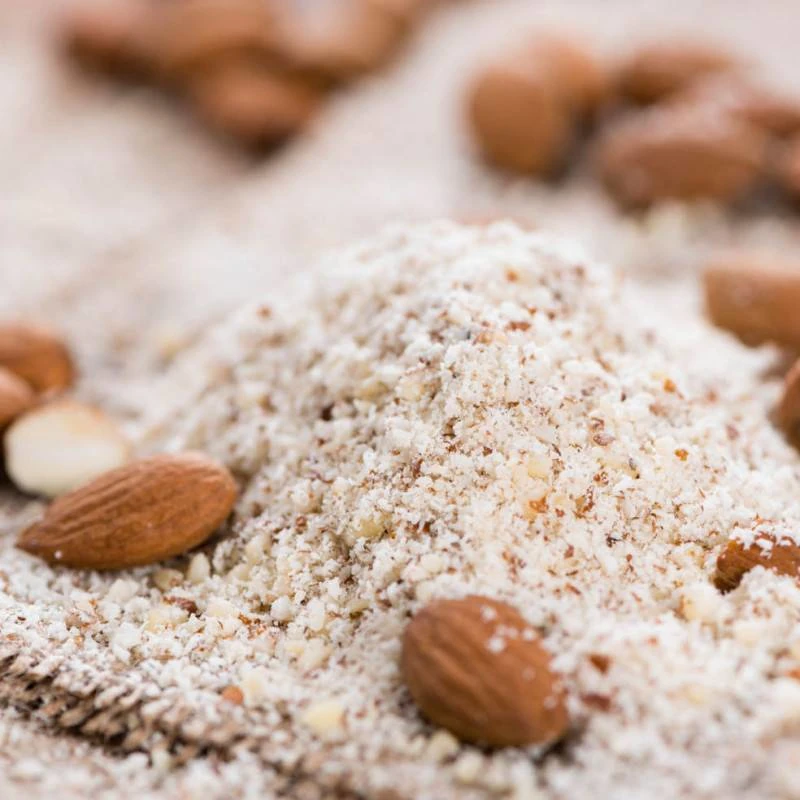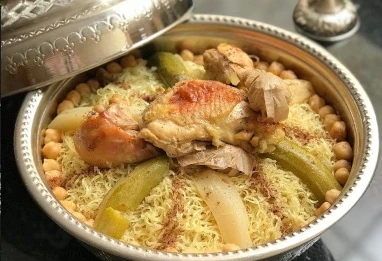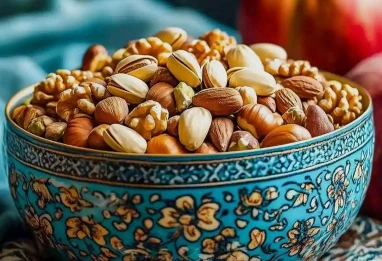coucou les filles ,
oui effectivement Dzirielle la zelabiya existe en Inde sous le nom de Jalebi
~~The origins of Jalebi can be traced to ancient India, where it was produced from fermented wheat and dahi (yoghurt) batter, and called kundalika or jal-vallika (jal means watery, vallika means crescent-shaped).[3][4][5] In later dialects of Sanskrit, Jal-vallika became Jalebi which likely arrived in the middle east during Muslim rule, through cultural diffusion and trade from the Indian subcontinent, and its local name jalebi became zalebi as s is more common in Middle-Eastern languages.
The sweet is also known as Zalabia in Comoros Islands and Zanzibar, where it is thought to have been introduced by Middle Eastern settlers and traders.
The earliest written references to the sweet are found in a 13th-century cookbook by Muhammad bin Hasan al-Baghdadi. In Iran, where it is known as zulbia, the sweet was traditionally given to the poor during Ramadan.
In the early 1900s, jalebi was used to hold ice cream. This idea was made by Ernest A Hamwi. Jalebi was a treat for an American family, until the invention of cones.[6]
One of the earliest known Indian references for the sweet exists in a Jain work — Priyamkarnrpakatha — by Jinasura, apparently composed in AD 1450. This work was subsequently cited in cookery books published in later centuries including the 17th-century classic Bhojan-kutuhala by Raghunatha.[7]
~Geographic distribution[edit]
Jilapi in Bangladesh, generally consumed as a sweetmeat, happens to be one of the popular starters in different parties.
Zulbiā and bāmieh in Iran, a close dessert to Jalebi.
Close-up of a Jalebi
In ancient India, it was called kundalika or jal-vallika.
The word for jalebi is zoolbia (زولبیا😉 in Persian, and in Pashto źəlobəi (ځلوبۍ😉. In Egypt, Lebanon, Syria and Iraq, it is known as "zalabia" (زلابية😉 (sometimes spelt "zalabiya").[8] In the Maldives, it is known by the name "zilēbi."
This sweet is called "jeri" in Nepal, a word derived from jangiri, and the Mogul Emperor Jahangir.[9]
In Algeria and Tunisia, this sweet is known as zlebia or zlabia.
http://en.wikipedia.org/wiki/Jalebi
Voila Darine ,donc je pense comme Dzirielle que l’origine de la zelabiya et indienne ou perse ….







